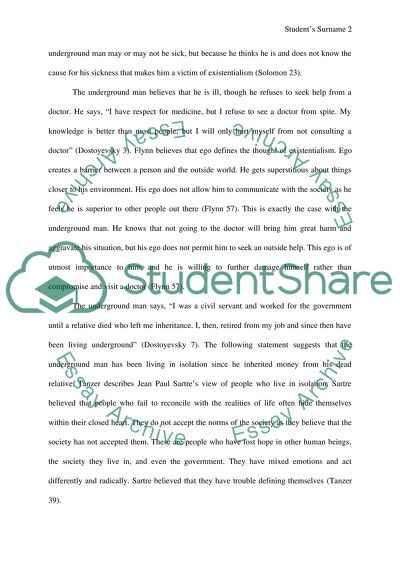Cite this document
(“Compare and contrast the literature Notes From Undergound by Fyodor Research Paper”, n.d.)
Retrieved de https://studentshare.org/literature/1479383-compare-and-contrast-the-literature-notes-from
Retrieved de https://studentshare.org/literature/1479383-compare-and-contrast-the-literature-notes-from
(Compare and Contrast the Literature Notes From Undergound by Fyodor Research Paper)
https://studentshare.org/literature/1479383-compare-and-contrast-the-literature-notes-from.
https://studentshare.org/literature/1479383-compare-and-contrast-the-literature-notes-from.
“Compare and Contrast the Literature Notes From Undergound by Fyodor Research Paper”, n.d. https://studentshare.org/literature/1479383-compare-and-contrast-the-literature-notes-from.


